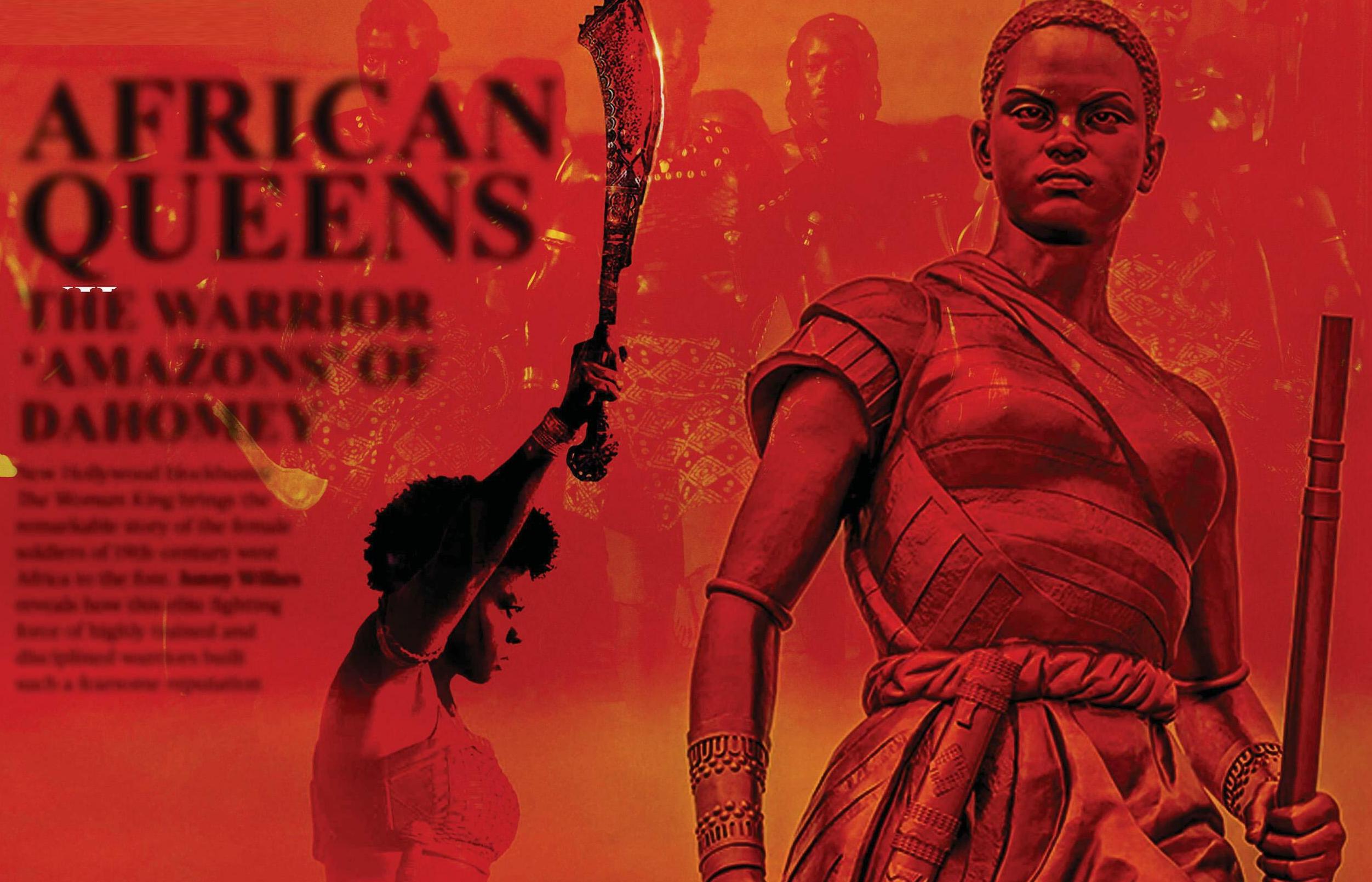
The assault on Abeokuta was going to fail. The soldiers of Dahomey, a powerful kingdom in west Africa, were trained, disciplined and courageous, so threw themselves across the deep ditches and up the high walls without hesitation – only to be cut down by the gun placements and numerous defenders waiting at the top. The city, capital of Dahomey’s rivals the Egbas, was too big and too well fortified. Much as it had been 13 years earlier at the first attempted siege, defeat was a matter of time on that day in 1864.
If this was to be their doom, however, one Dahomey soldier would meet it on their own terms with a gesture of contemptuous defiance. Having scaled the wall, they stopped on the ramparts in a spot the defenders could not reach, sat down facing away from the enemy, and began smoking a pipe.
Such fearlessness came as no surprise to the Egbas, for the soldier belonged to a regiment especially revered among their enemies and the Europeans who made the journey to west Africa. It was made up entirely of women, relentlessly trained and furious in battle, the likes of which could not be found anywhere else in the world. The Europeans dubbed them the ‘Amazons’, and it was a French doctor and historian, Edouard Dunglas, who recorded the deeds of the pipesmoking warrior.
Her defiance lasted only so long, but her actions served to illustrate the ultimate fate of the Dahomey Amazons. For all their bravery and skill, this female fighting force would be undone before the end of the 19th century by the same thing that befell many indigenous populations around the world: superior firepower. At Abeokuta, the defenders simply sent for a sharpshooter. "Taking his time," wrote Dunglas, "he aimed carefully and slew the warrioress with his first shot".
This story is from the {{IssueName}} edition of {{MagazineName}}.
Start your 7-day Magzter GOLD free trial to access thousands of curated premium stories, and 9,000+ magazines and newspapers.
Already a subscriber ? Sign In
This story is from the {{IssueName}} edition of {{MagazineName}}.
Start your 7-day Magzter GOLD free trial to access thousands of curated premium stories, and 9,000+ magazines and newspapers.
Already a subscriber? Sign In
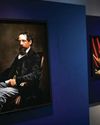
'Dickens's evocation of the fears, excitement and confusion of childhood is peerless'
DR LEE JACKSON ON WHY CHARLES DICKENS REMAINS RELEVANT TODAY
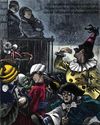
THE AUTHOR GOES ABROAD
Dickens expanded his horizons and boosted his fan-base by venturing overseas - but global fame came with a cost
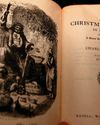
REVIVING THE FESTIVE SPIRIT
A Christmas Carol wasn't just a bestseller - it changed the way that Britons chose to mark the festive season
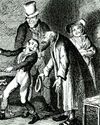
GIVING THE POOR A VOICE
From Hard Times to Oliver Twist, Charles Dickens used his pen to help illuminate the lives of the less fortunate
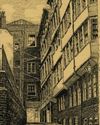
A JOURNEY THROUGH DICKENS'S LONDON
The works of Charles Dickens are synonymous with visions of Victorian London. We talk to Dr Lee Jackson about the author's love of the capital, and the locations that most inspired him

EXCEEDING EXPECTATIONS
Dr Lee Jackson chronicles Charles Dickens's journey from down-at-luck teenager to titan of Victorian literature
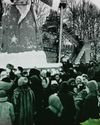
GIFTS, TREES & FEASTING
We take a journey through the photo archives to reveal how Christmas and its many traditions have been celebrated over the years - and around the world
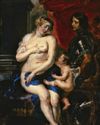
WHAT GREAT PAINTINGS SAY
We explore the story behind an allegorical painting that celebrates the triumph of love over hate, peace over war
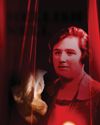
HELLISH NELL
Malcolm Gaskill delves into the life of Helen Duncan - the fraudulent Scottish medium whose ectoplasm-filled seances saw her ending up on the wrong side of the law

7 THINGS YOU (PROBABLY) DIDN'T KNOW ABOUT THE WHITE HOUSE
Presidential historian Dr Lindsay M Chervinsky reveals some of the most surprising facts about the world-famous US residence